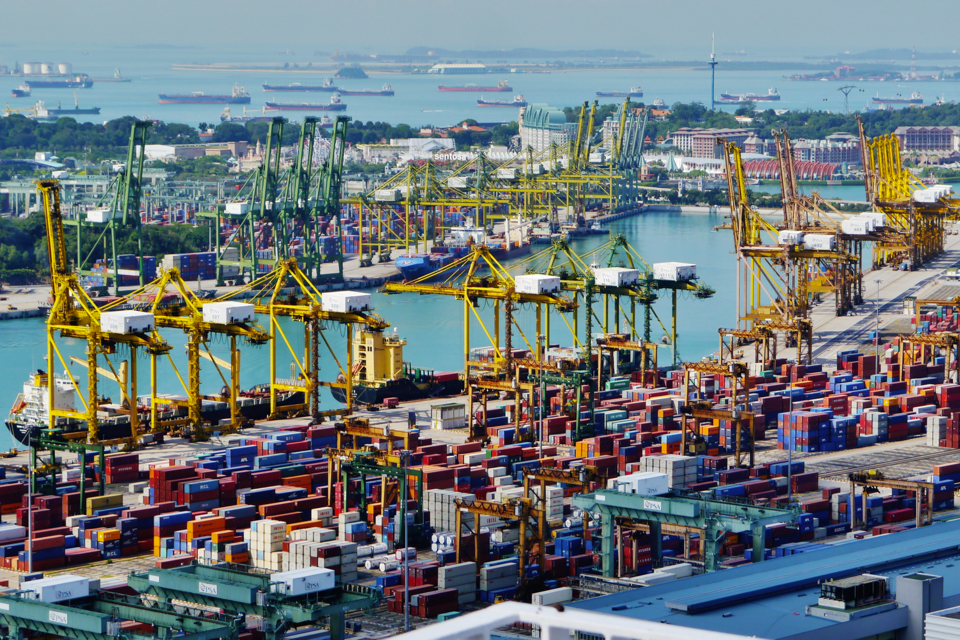Now that the new sulphur directive has been in force for several days, it appears that a number of low sulphur fuel blends in Singapore, Houston and Antwerp can cause damage to ship engines. AmSpec Services and Lloyd’s Register concluded this after testing various blends.
Among other things, the research agencies express their concerns about the sediments released during combustion. Sediment is deposited in the bunkers and in the ship’s piping and can clog fuel filters and injectors.
Tests conducted by AmSpec show that approximately sixty per cent of the long sulphur blends offered by suppliers in Houston, the largest bunker port in the US, do not meet sediment requirements.
Residue Standards Exceeded
Fobas, a fuel testing company of Lloyd’s Register, revealed last month that too high sediment levels had been found in bunker fuel samples in Singapore, Antwerp and other European ports. The levels exceeded international residue standards.
‘Shipping companies need to look more carefully at their fuel suppliers,’ said Shannon Boudreaux, a fuel mix specialist at AmSpec, recently in an interview with Reuters news agency. ‘Mixing two or more low sulphur bunker fuels can increase sediment levels, creating a residue that can damage an engine.’
This article first appeared on Nieuwsblad Transport, a sister publication of SWZ|Maritime.
Picture: The Port of Singapore (by Zairon).








